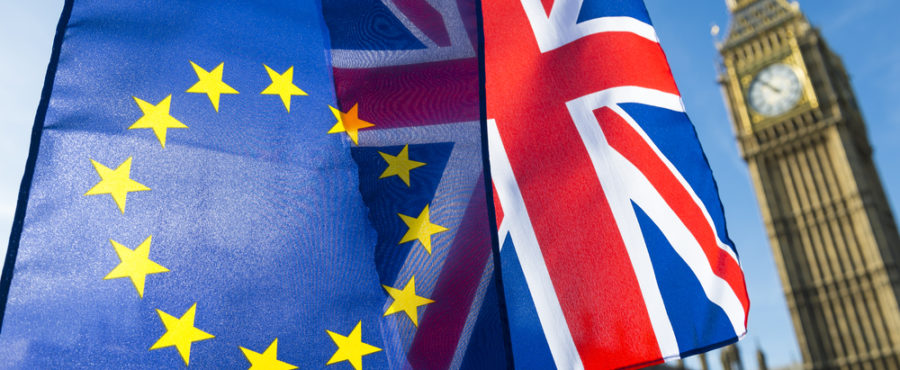
Brexit in Energy – Conundrum and Risk
What is Britain’s energy market going to look like after Brexit? This is not a question which may be answered today, which poses a serious business risk to UK energy suppliers. When offering contracts which will come into force only after Britain leaves the EU, they actually do not know what conditions they will be operating in.
According to decisions of the Great Britain’s energy regulator Ofgem, four largest UK power suppliers – EDF, RWE, Scottish Power and SSE – must set prices for customers for the 2020/2021 season. The problem is that forecasting energy prices for that period very much resembles crystal-ball gazing.
The terms of the UK leaving the EU have not yet been negotiated and it is not clear whether they will ever be. One of possible scenarios provides for hard Brexit and renegotiation of all treaties and areas now regulated by EU laws. This would also mean cutting Great Britain off from the common energy market and disappearance of greenhouse gas emission regulations of the EU.
And this means that power companies would lack reliable capabilities of forecasting energy prices or CO2 emission costs. Forecasting prices of fuels – coal and natural gas – is becoming a major challenge. At present, 40.2 per cent of British energy is generated from natural gas, while nearly 9 per cent – from coal[1].
Another challenge is significant integration of the EU energy market, particularly within the realm of cross-border wholesale trading. Great Britain has submarine cable connections with France, the Netherlands, and Ireland and uses them intensively, and commercial volumes traded reach as many as several tens of TWh a year.
What is more, the plans provide for the deployment of additional 12 gigawatt links[2]. Great Britain has for years been an attractive market for continental power producers, because prices on the British Isles were higher overall. Absence of trading regulations may translate into limited imports, which will result in higher prices of power in Britain.
The paradox of this entire situation is the fact that it was Great Britain that for years has been actively shaping the common energy market of the EU. The British model was and still is much more distributed and liberal than the major model prevailing on the continent. Multiple legislative solutions loosening the EU stringent regulations result from Britain’s lobbying and activities in Brussels.
[1] https://en.wikipedia.org/wiki/Energy_in_the_United_Kingdom
[2] https://www.ft.com/content/049c11e6-9bf0-11e8-9702-5946bae86e6d




